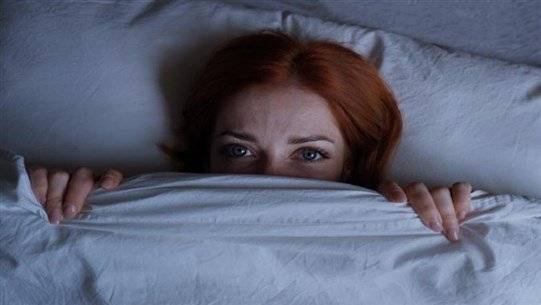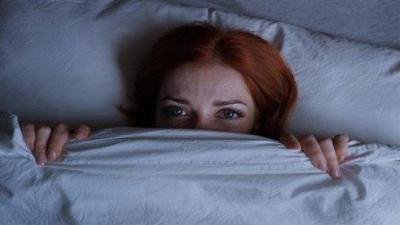Adults need between seven to nine hours of sleep each night, while many struggle with insomnia, which is "the most common sleep disorder." Over a long period, experts at the Mayo Clinic have indicated that insomnia can lead to mental health issues such as anxiety or depression. Insomnia is also associated with chronic and life-threatening conditions like high blood pressure and heart disease. Symptoms of insomnia include difficulty sleeping at night, waking up during the night, waking up too early, not feeling refreshed after a night's sleep, daytime fatigue or drowsiness, irritability or depression or anxiety, difficulty paying attention or concentrating on tasks or remembering, increased mistakes or accidents, and persistent worry about sleep.
To achieve a healthy sleep schedule, it's essential to commit to waking up and going to bed at the same time every day. A consistent bedtime, including on weekends (or when you don't need to wake up), is vital to help your body prepare to fall asleep more easily. Staying active during the day can also help you achieve restful sleep at night. Additionally, check any medications you may be taking that could have side effects on insomnia. If this applies to you, talk to your doctor about the side effects and discuss whether there might be an alternative medication you can try. Although napping may be tempting, especially if you didn't sleep well the night before, it is not a good idea if you are already struggling with insomnia. Furthermore, it’s best to avoid caffeine, as it helps you feel alert in the moment.




